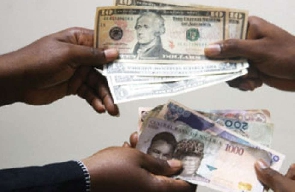The Nigerian government made the denial after reports that Ghana accepted Nigerians and other West Africans deported from the U.S. under a new arrangement.
The Nigerian Government has denied receiving any official communication about Nigerians who were among the deportees deported from the United States of America to Ghana.
Quickly! Watch The Video Before It’s Deleted! |Save Hot 3:00 Minutes $3x V!de0s To Ur Phone Directly | Watch 2:00 H0t $3x V!d0es Now!
Did You Miss The 400 $ex T4pe of Equatorial Guinea senior official Baltasar Ebang Engonga? Quickly W4tch! Before They Are deleted Be The First Person To See The Full Videos. Now!
The Nigerian government made the denial after reports that Ghana accepted Nigerians and other West Africans deported from the U.S. under a new arrangement.
Citing the BBC, SaharaReporters reported on Thursday, September 11, 2025, that the Ghanaian President John Mahama confirmed that several Nigerians and other West African nationals deported from the United States arrived in Ghana, following a bilateral arrangement between Accra and Washington.
Speaking during the Presidential Media Encounter at the Jubilee House on Wednesday, President Mahama said the individuals were accepted as part of an agreement to receive deported nationals from other West African countries.
According to the President, about 14 deportees have so far arrived under the deal, most of them Nigerians, with a few others from Gambia.
President Mahama defended Ghana’s decision to host the deportees temporarily, stressing that it was consistent with regional free movement policies.
He clarified that the Nigerian nationals among the group would be transported back home by bus provided by the Ghanaian authorities, while Gambian nationals would work with their embassy in Accra to arrange air tickets for their return.
The President explained that Ghana’s participation in the arrangement was based on the ECOWAS Protocol on Free Movement, which allows citizens of member states to enter and stay in other West African countries without a visa for up to 90 days.
However, Nigeria’s Ministry of Foreign Affairs spokesperson, Kimiebi Ebienfa, said that Nigeria has not been informed about the deportees through official channels.
“We have yet to be informed officially,” PUNCH quoted Ebienfa as saying.
Recall that Nigeria has previously opposed similar U.S. proposals to accept deported Venezuelan immigrants, which drew criticism across Africa.
Foreign Affairs Minister, Yusuf Tuggar, revealed in July that the President Donald Trump administration was pressuring Nigeria and other African countries to accept deportees convicted of crimes under its revived “third-country deportation” policy.
“The US is mounting considerable pressure on African countries to accept Venezuelans to be deported from the US, some straight out of prisons,” Tuggar said at the time, describing the move as “unacceptable.”
Former Nigerian ambassadors have weighed in on Ghana’s acceptance of the deportees.
According to Ambassador Rasheed Akinkuolie, the decision to accept the deportees fell within Ghana’s sovereign rights.
“The government of Ghana has the right to accept deportees from the USA. It is an internal affair of the country, and the reasons for taking such a decision cannot be questioned by another country. What Ghana will do with the deportees is left for the country to sort out,” Akinkuolie was quoted as saying.
Another retired envoy, Ambassador Ogbole Amedu-Ode, argued the move was more about logistics than any bilateral agreement with Nigeria.
“Ghana is accepting U.S. deportees of West African extraction. This is at the instance of the US. Recall that Nigeria had earlier rejected a US request for the same purpose, albeit, deportees of Venezuelan extraction,” he said.
Amedu-Ode noted that the arrangement was easier for Ghana since citizens of ECOWAS countries do not require visas to enter.
“Ghana’s reason for accepting these migrants is that, being citizens of West African countries, they’d not require visas to enter Ghana en route to their countries of origin,” he added.
Also, Ambassador Mohammed Mabdul (Rtd), warned that if not handled diplomatically, the move could complicate relations between Nigeria and Ghana.
“We’ve had disputes in the past, especially around the treatment of Nigerian traders in Ghana. Deportation issues must be managed carefully to avoid reigniting tensions,” he said.
Mabdul further stressed the importance of mutual respect in deportation matters.
According to him, “As long as deportation is done through proper channels and with verified information, there is no issue.
“But when countries like the US act unilaterally, without consultation or due process, it creates serious diplomatic challenges.”
The controversy stems from Washington’s “third-country deportation” policy, revived after a US Supreme Court ruling in June 2025, which allows deportees to be sent to countries other than their own when home nations refuse to accept them.
The Trump administration has been pressing African countries to participate, threatening visa sanctions under Section 243(d) of the US Immigration and Nationality Act.
In April, the U.S. Secretary of State Marco Rubio announced the suspension of visas for South Sudanese passport holders after Juba initially refused to receive its nationals.
The Department of Homeland Security has justified the practice by stating that home countries of deportees often refuse to take them back.
Quickly! Watch The Video Before It’s Deleted! |Save Hot 3:00 Minutes $3x V!de0s To Ur Phone Directly | Watch 2:00 H0t $3x V!d0es Now!
Did You Miss The 400 $ex T4pe of Equatorial Guinea senior official Baltasar Ebang Engonga? Quickly W4tch! Before They Are deleted Be The First Person To See The Full Videos. Now!
Ghana, Eswatini, South Sudan, and Rwanda are among African nations that have agreed to such arrangements. Meanwhile, Nigeria has continued to resist involvement, citing security, sovereignty, and diplomatic concerns.
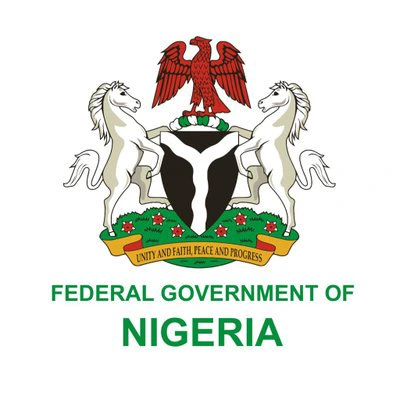

 Entertainment4 months ago
Entertainment4 months ago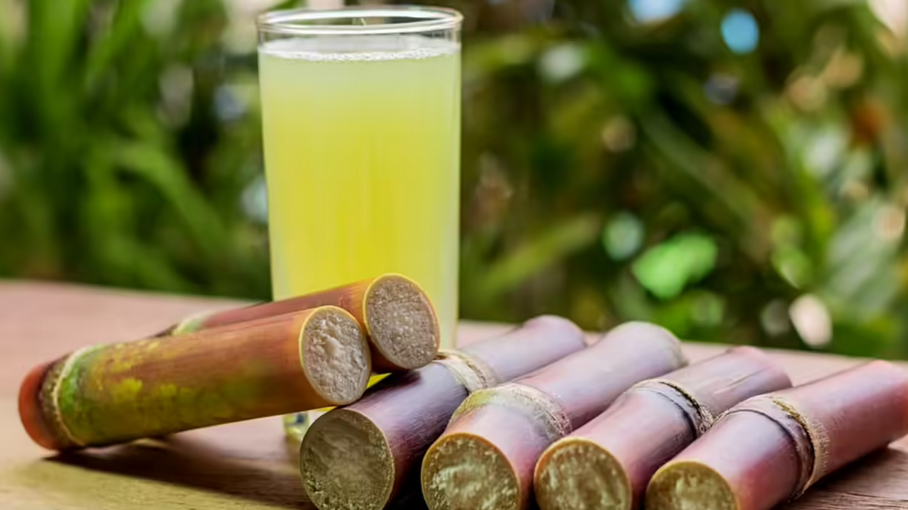
 Politics4 months ago
Politics4 months ago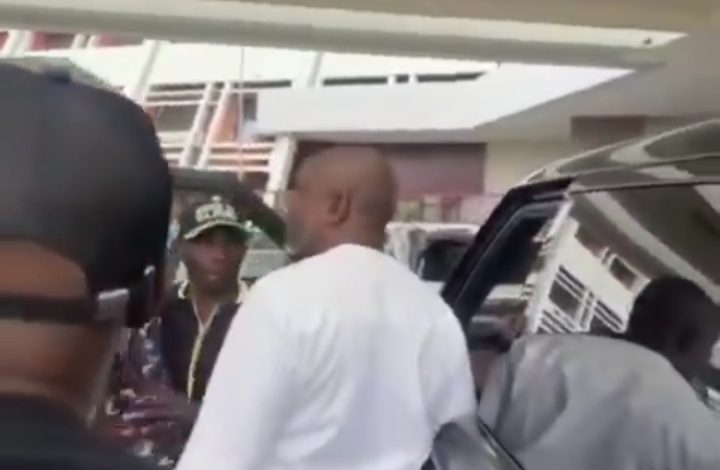
 Breaking News5 months ago
Breaking News5 months ago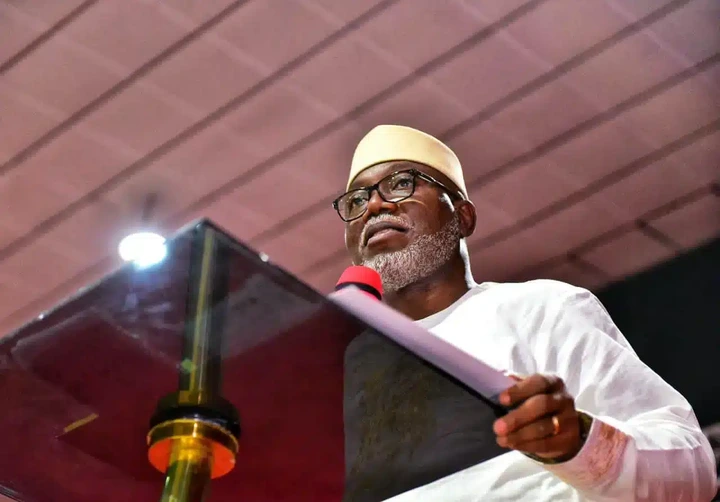
 Breaking News5 months ago
Breaking News5 months ago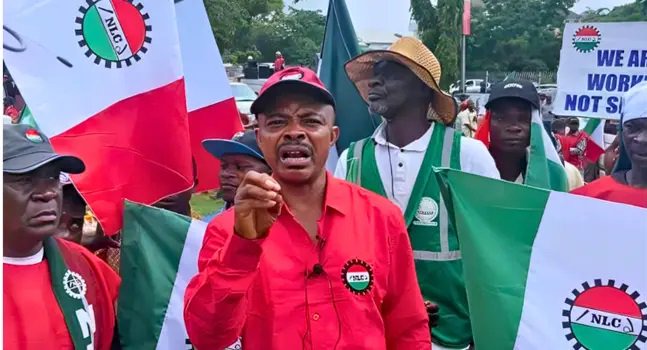
 Breaking News6 months ago
Breaking News6 months ago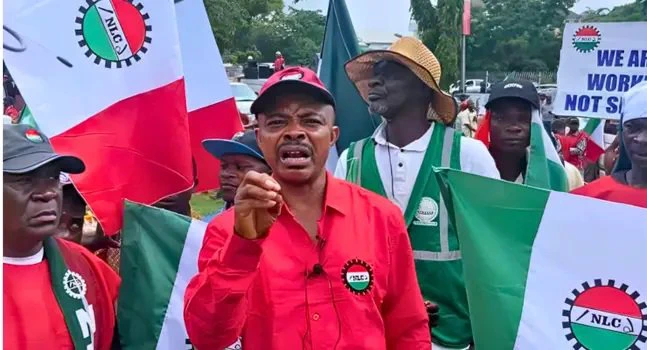
 Breaking News6 months ago
Breaking News6 months ago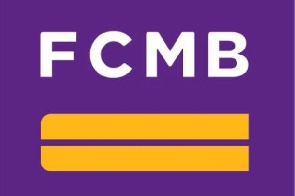
 Breaking News6 months ago
Breaking News6 months ago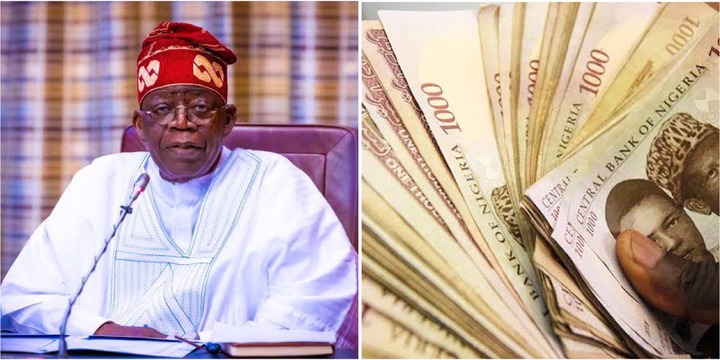
 Breaking News6 months ago
Breaking News6 months ago

